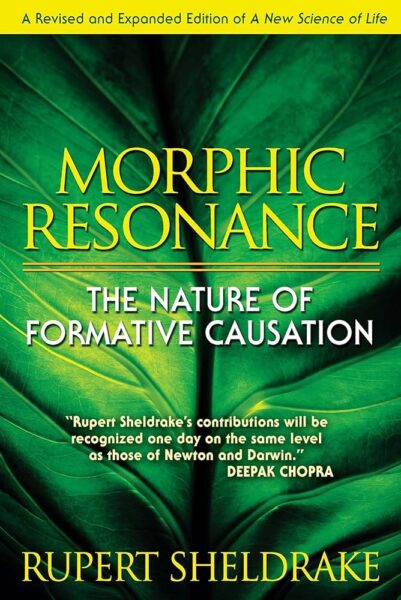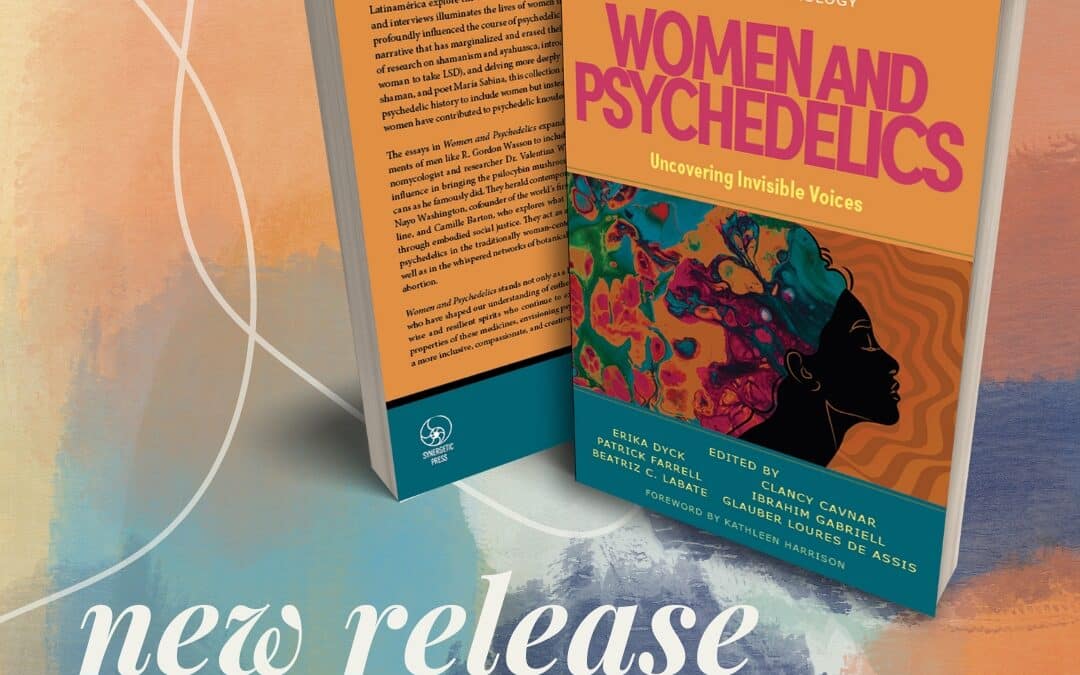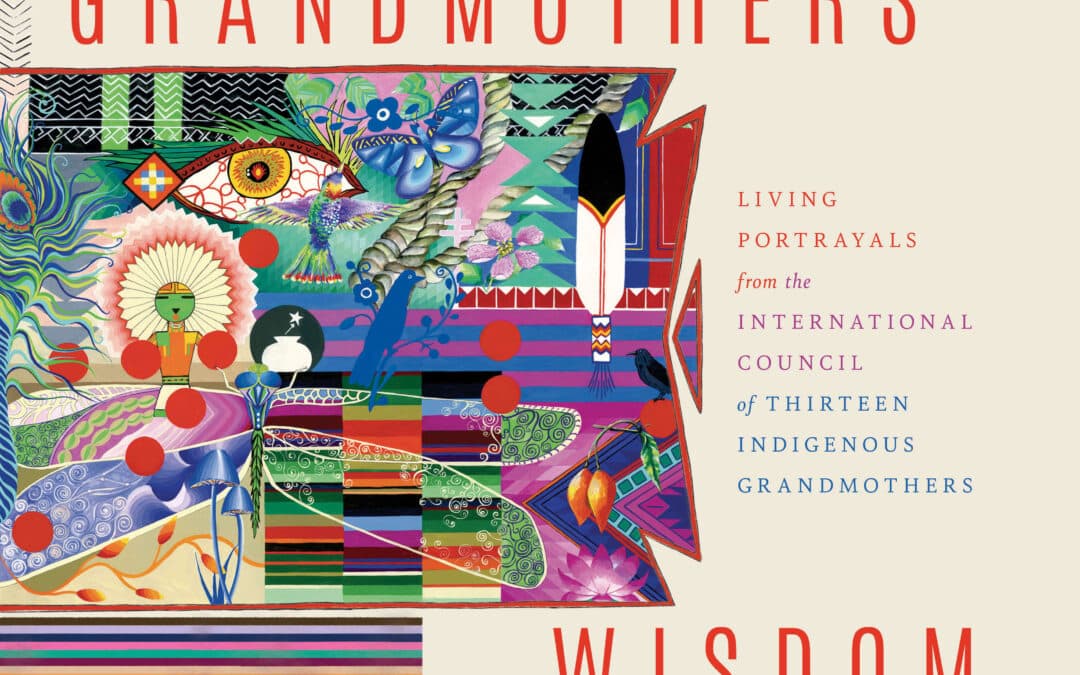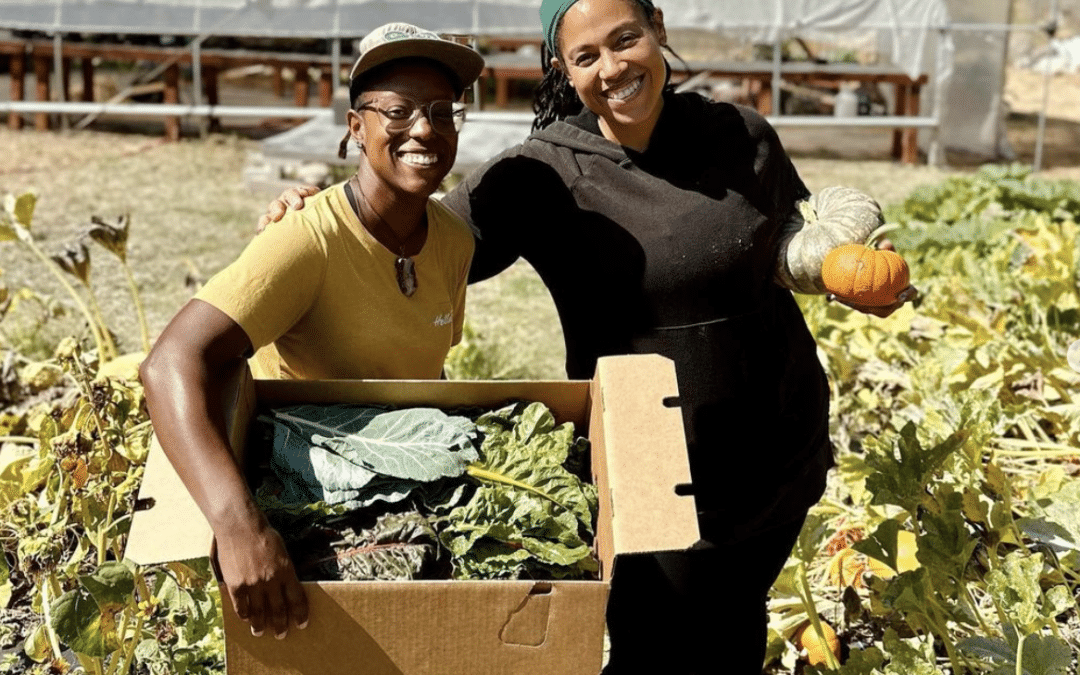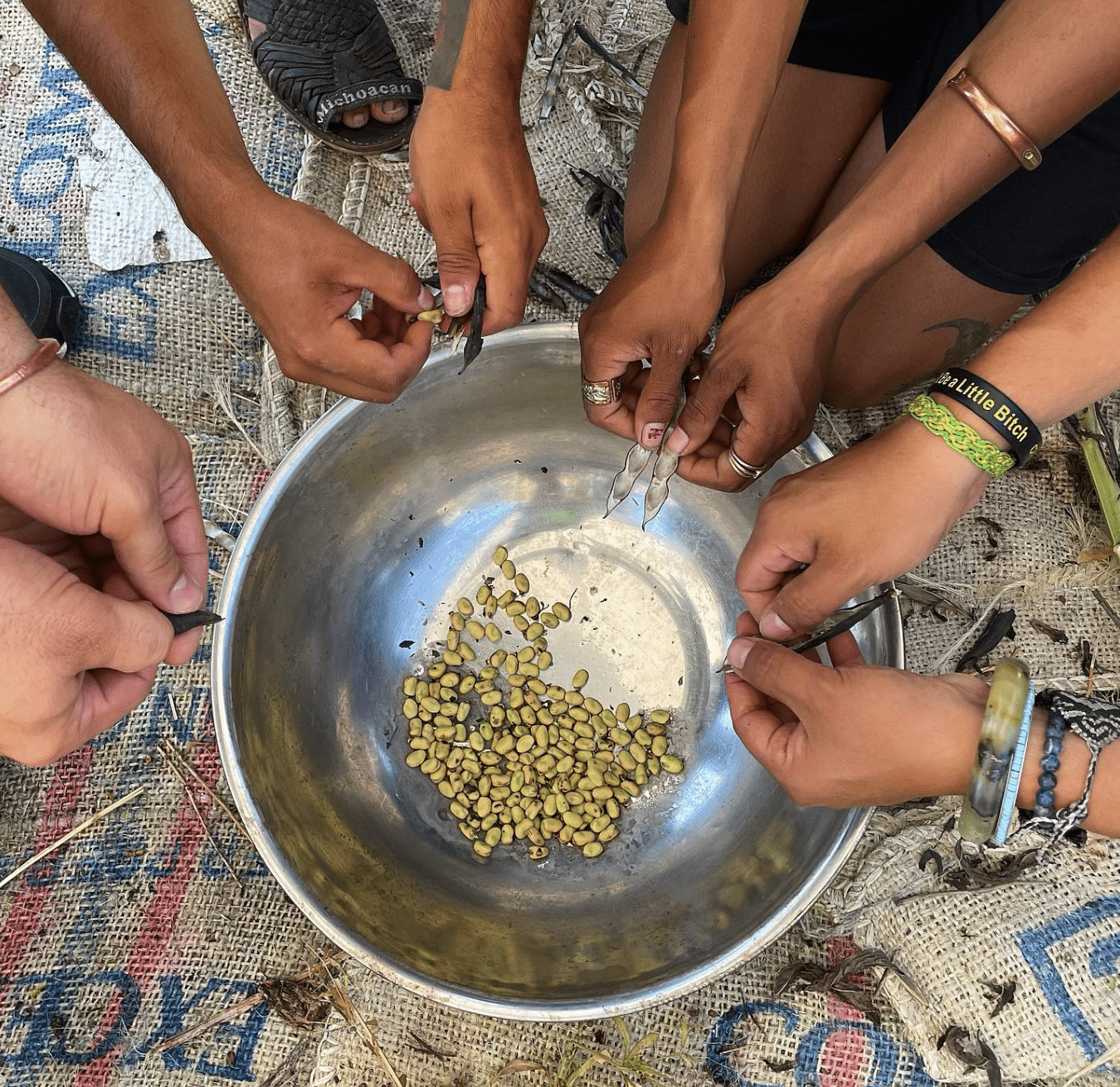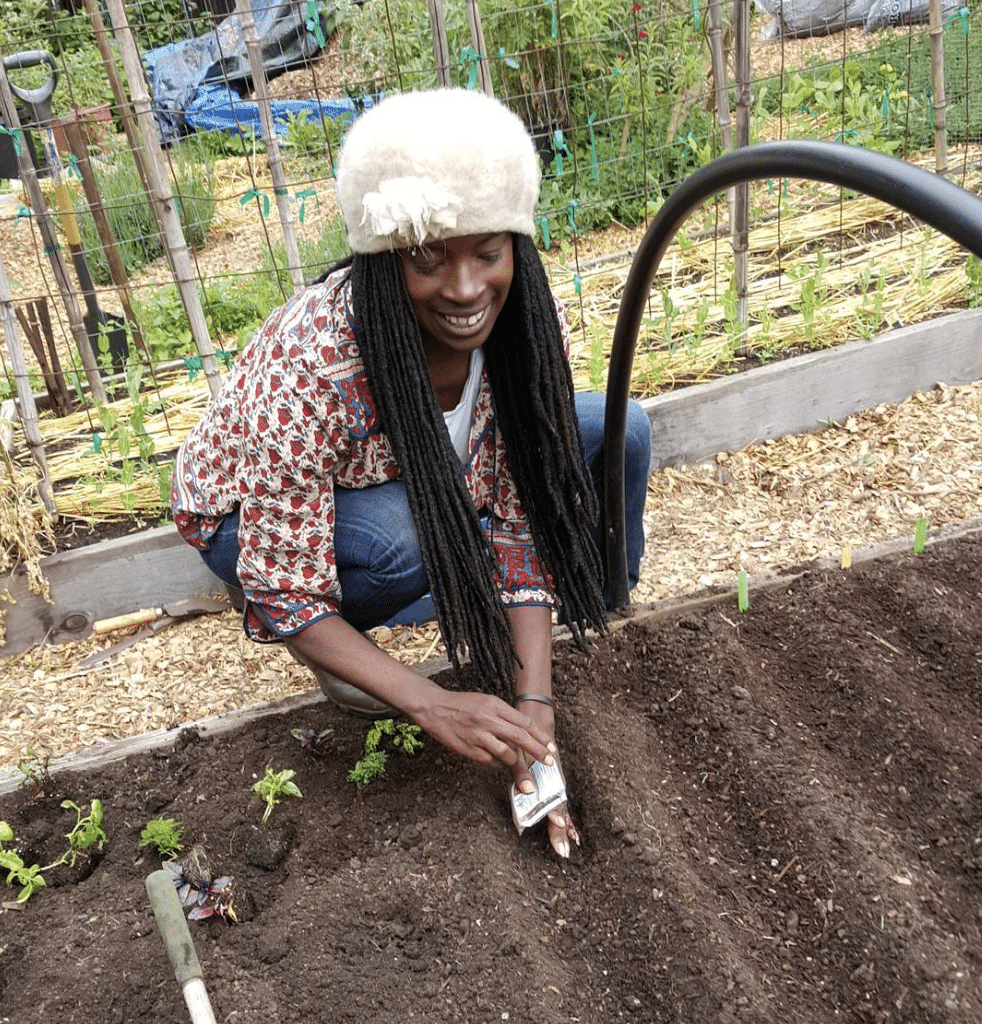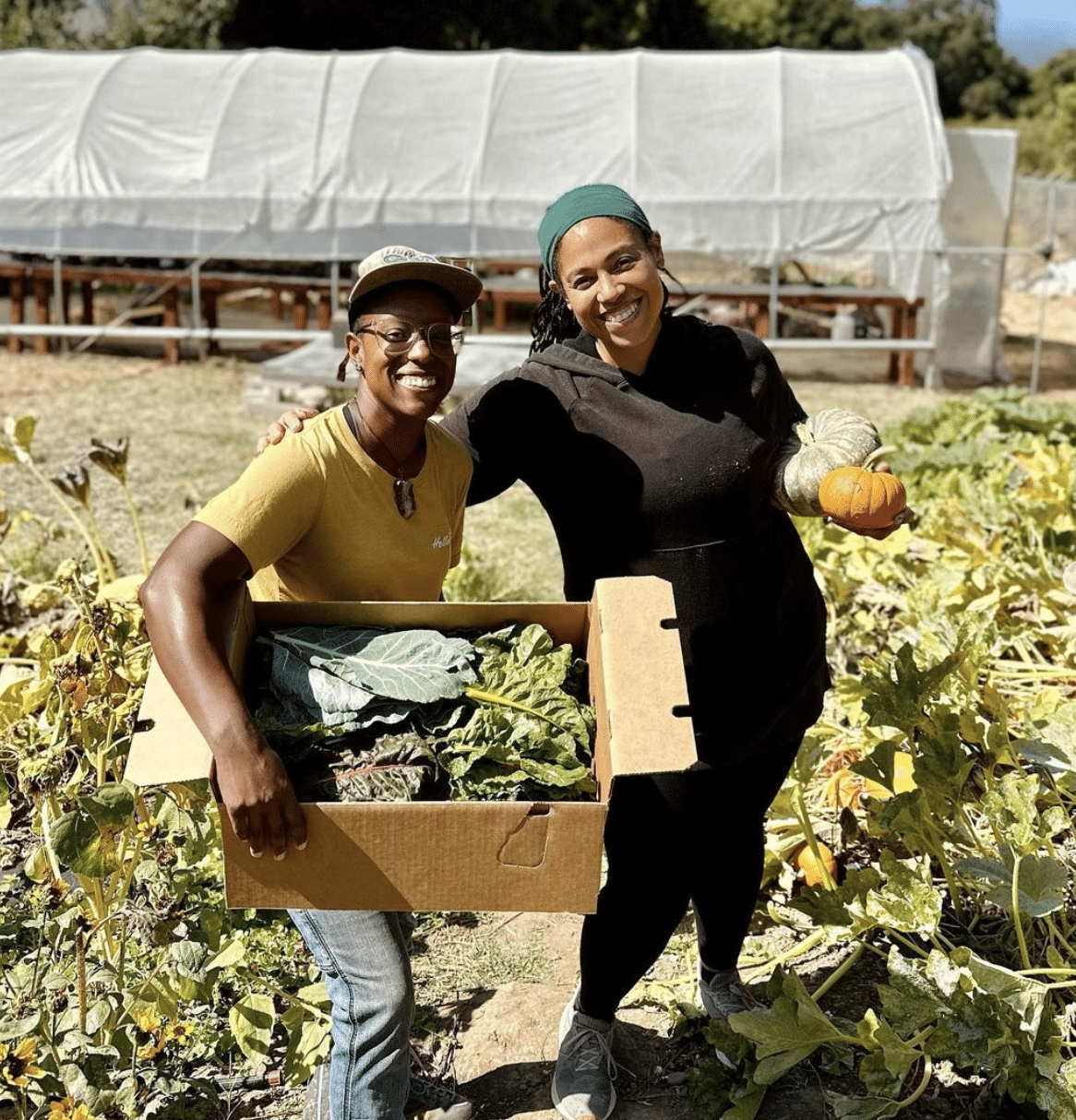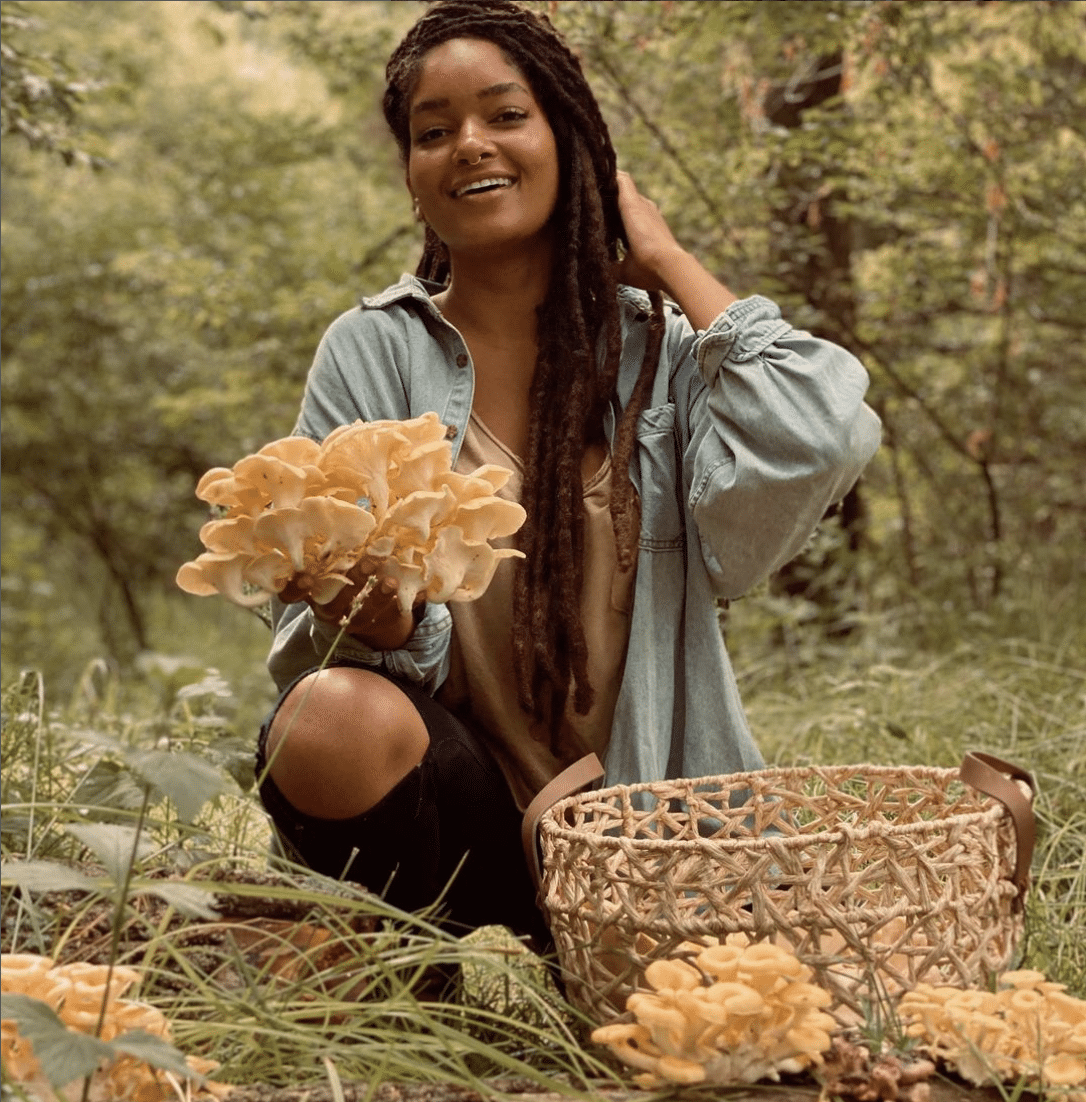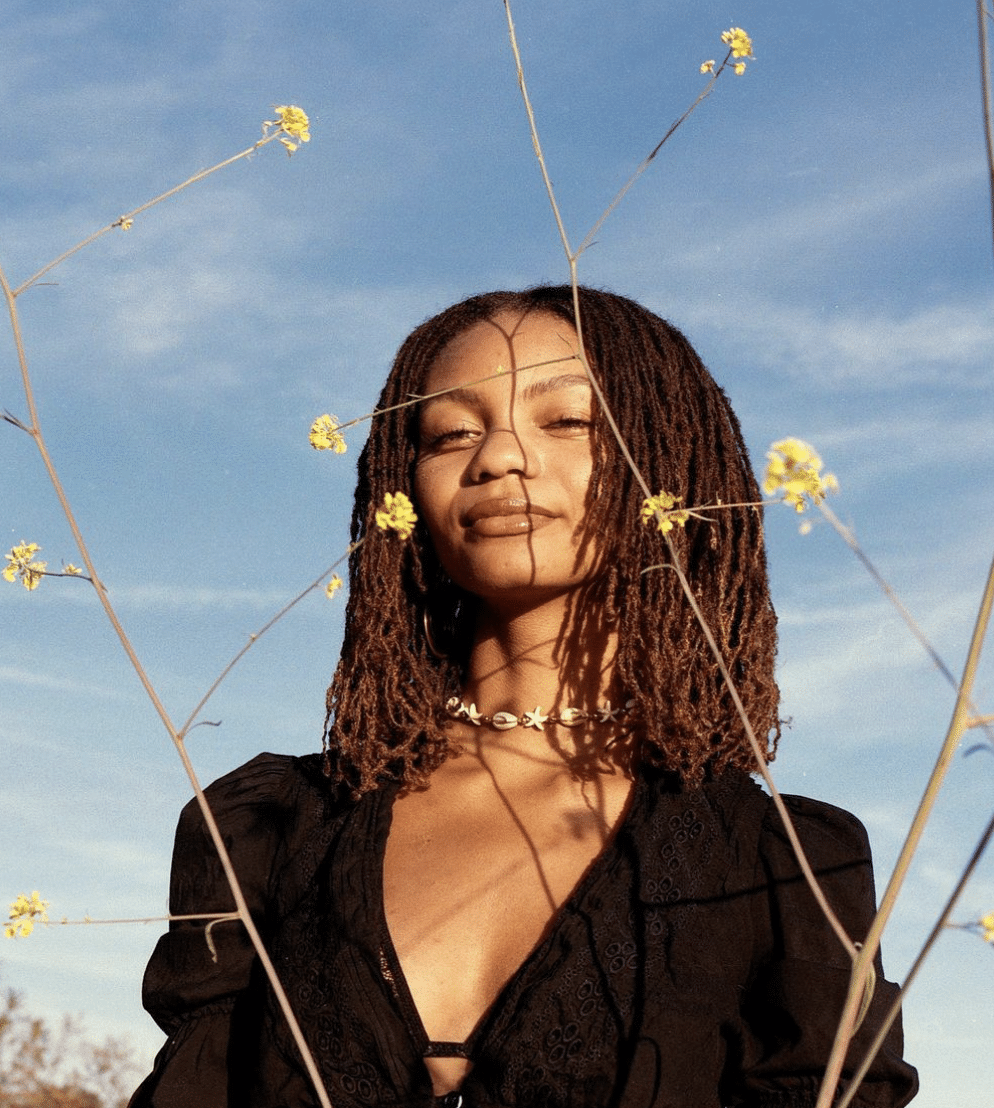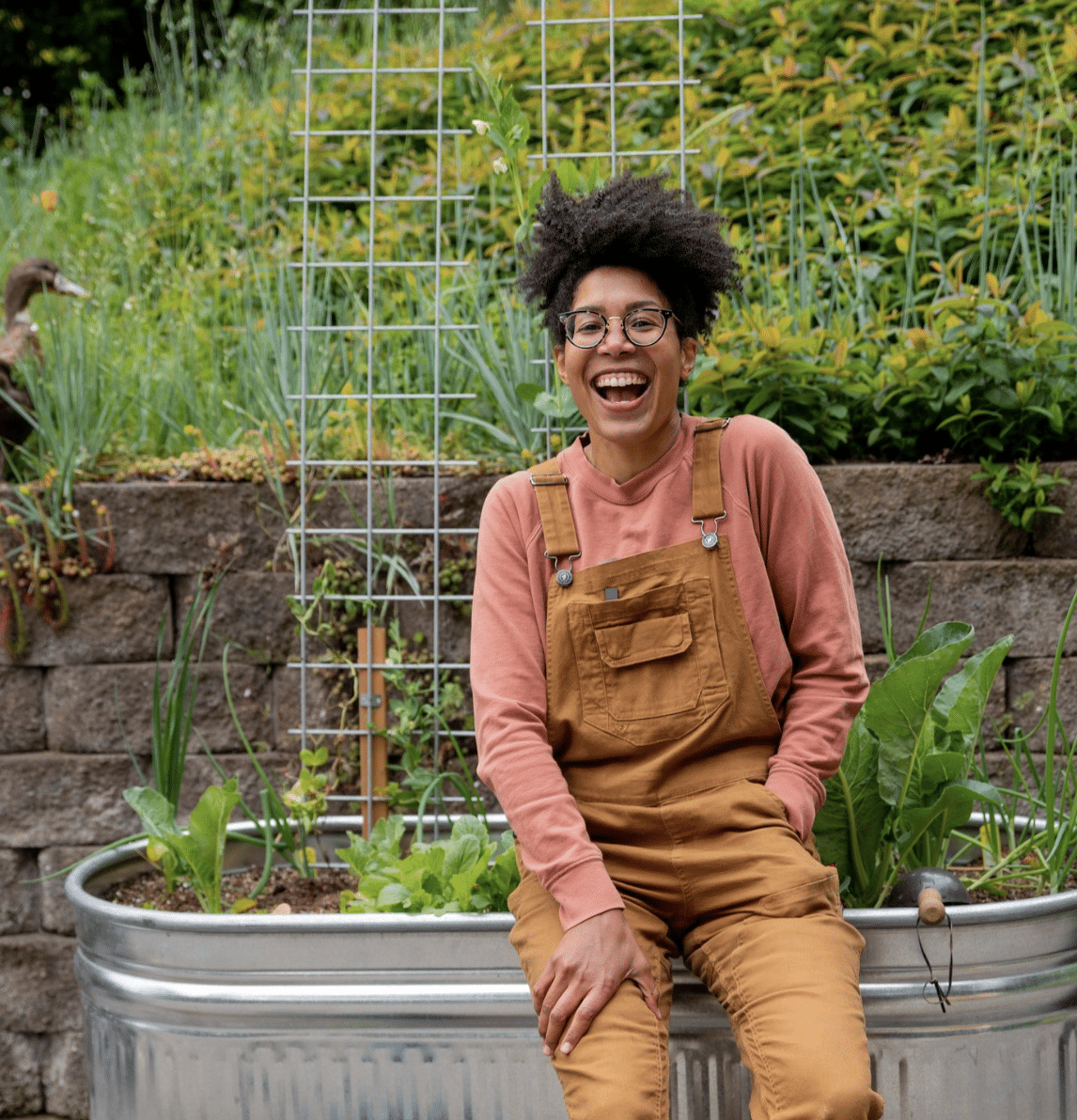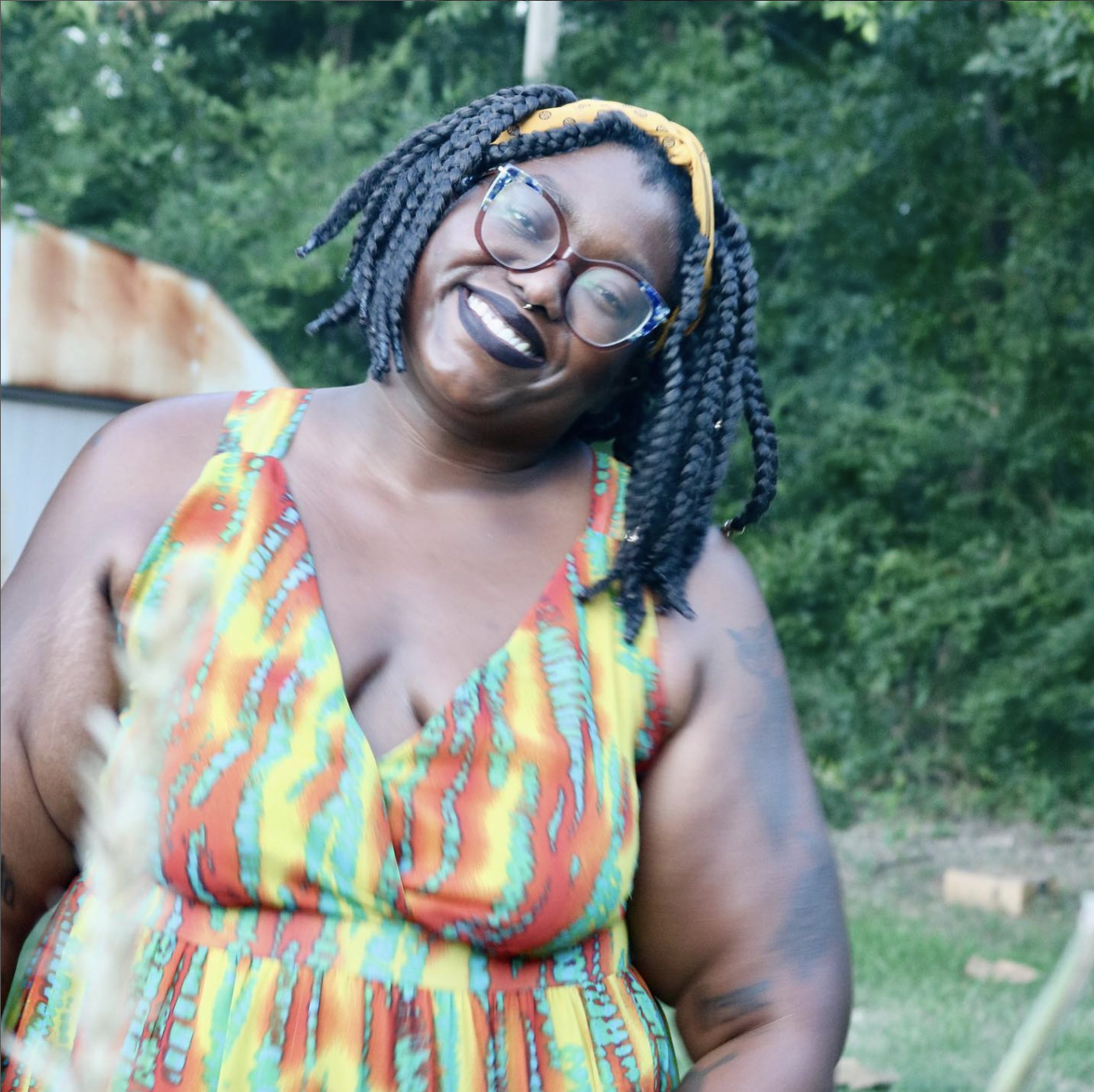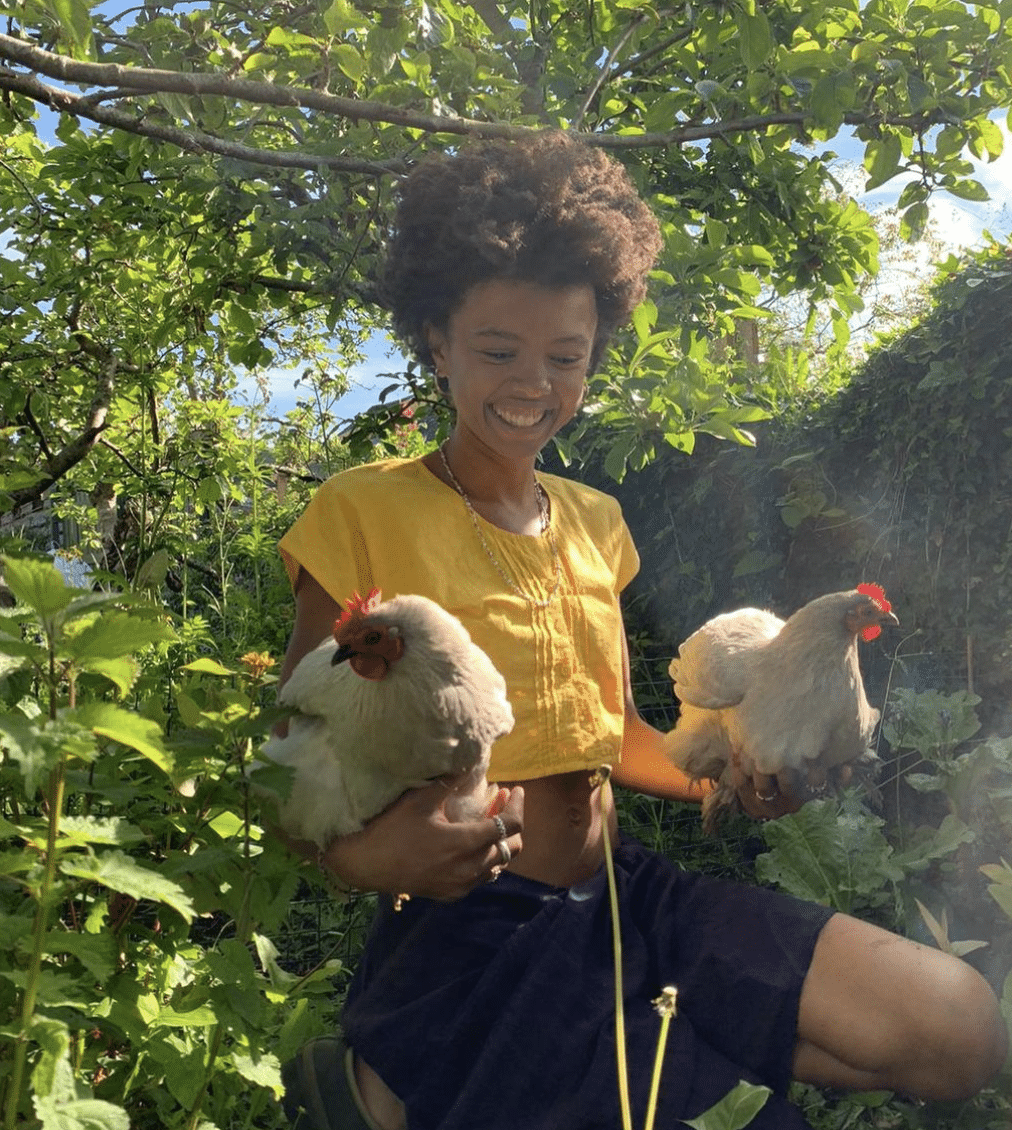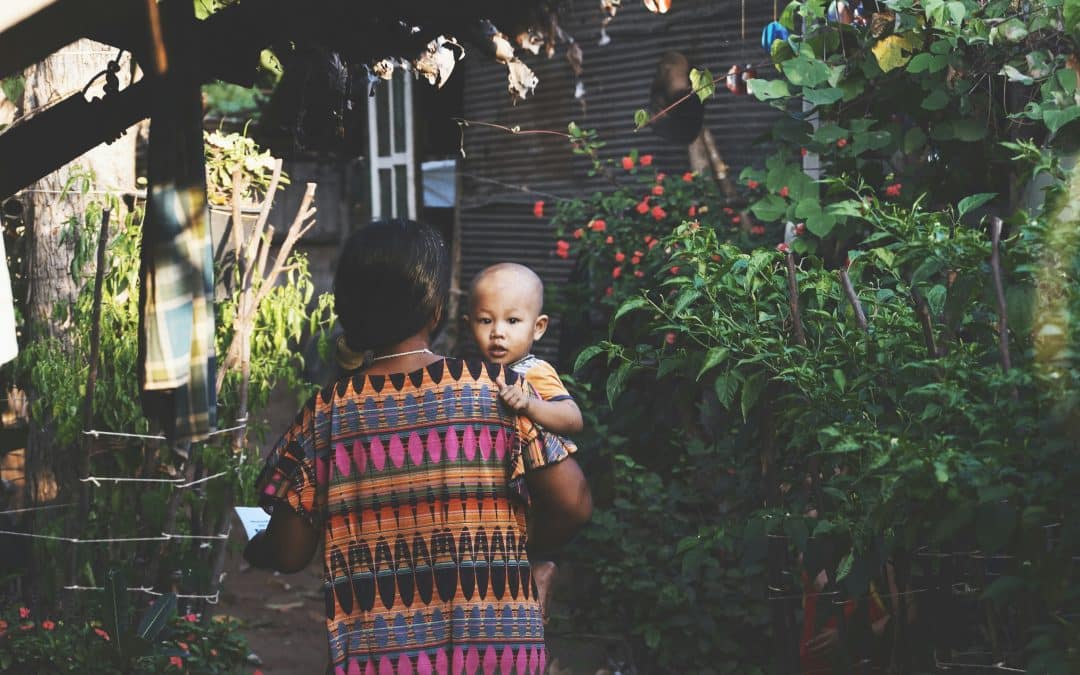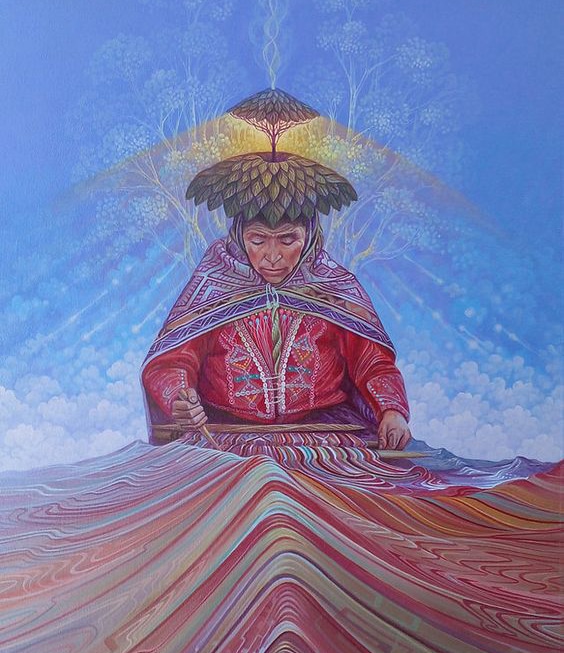
A Journey into Planetary Consciousness
Above: Artwork by Lobsang Melendez Ahuanari, visionary artist from Pucallpa, Peru
Commemorating Pachamama on Earth Day
In celebration of Earth Day and honoring our sacred connection with Pachamama, our blog sets sail to embark on a journey into planetary consciousness.
What if I told you that the Earth is alive? Yes, we know our home is a living, breathing organism that is constantly changing, evolving and creating itself anew. All the animals, including ourselves, are the result of our home organism infinitely becoming itself.
Joseph Campbell famously asserted that “we are the consciousness of Earth”. Beyond the micro organisms and consistent pool of life, the Earth is also something else. She is a conscious, ever evolving, spiritual being connected to the “All’ and ever expanding collective consciousness.
Since the beginning of ancient civilizations, many philosophies would speak of the existence of our planetary consciousness. In the belief of the Andean Cosmovision, the interconnectedness of Mother Earth is the most important connection we can foster. These civilizations did not base their knowledge in a divisive way like we’ve witnessed through scientific history. Greek philosophers based our Western ideals to be centered in our intellectual knowing, leading the western world into a reality of the mind. Philosophers such as Descartes, proposed that our visible reality is in fact composed of two separate realms, that of the transcendental mind of spirit, and the material world of energy and matter.
However, in the knowledge of the Andean Cosmovision, the consciousness of Pachamama is revered as part of a connected consciousness. The ancient tribes of the Incas and the Paqo Qero High Priests of the Sacred Valley believed that nature had its own consciousness. Fostering the ancient beauty of their land, our ancestors walked the Earth contemplating the life of mountains, rivers and flowers as if they had a life of their own. Their own mini universes that we can all become a part of. For pre-hispanic communities, the provincial towns understood that there are two large forces at play in our universal system. That of Pachakama, the invisible cosmic energy that provides guidance and direction through an invisible dimension, and Pachamama, the terrestrial force that comes from the Earth, that provides sustenance, shelter and nourishment in our visible dimension.
Likewise, in Hinduism, the concept of Devas represents divine beings or cosmic forces that influence the natural world and human consciousness. Reverence for the Devas underscores the interconnectedness between humanity and the broader web of life, fostering a sense of stewardship and respect for the Earth. Buddhism also offers insights into planetary consciousness through its teachings on the interconnectedness of all phenomena. The concept of the Eight Devas in Buddhism highlights the spiritual guardians or celestial beings that guide and protect the world, reflecting the interconnectedness of all life and the importance of collective wellbeing.
For these civilizations, our realities are intertwined by the great web of our collective consciousness creating a multifunctional world where both spirit and matter exist in the same breath. The consciousness of the revered deity, Pachamama, is always present. She is the consciousness that dictates life for us all, granting us unencumbered passage to leading a life filled with grace and fulfillment. These civilizations functioned with the knowledge of our interconnectedness with nature. But most importantly, they felt the presence of the planetary consciousness as an alive being in herself. A being that works alongside us, not against us. A being that deserves to be seen and spoken to just like any other conscious being on this planet.
Pachamama, in herself, is a communicative center that communes with us.
What is Planetary Consciousness?
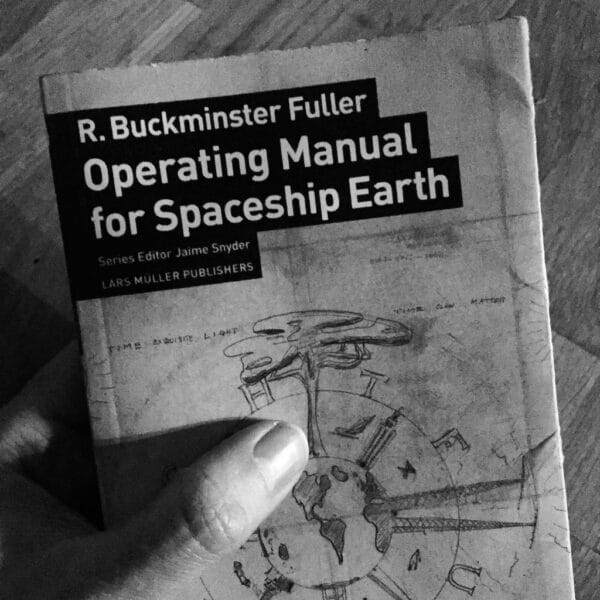
“I am a passenger on the Spaceship Earth” – Buckminster Fuller
Buckminster Fuller envisioned humanity transcending national boundaries to operate as a single planetary organism, embracing our interconnectedness with the planetary consciousness of Earth. His concept of “Spaceship Earth” emphasized the planet’s finite resources, urging responsible stewardship for all its inhabitants. Fuller believed that by recognizing our collective destiny and working collaboratively, we could address global challenges effectively. He advocated for a shift from individualistic perspectives to a holistic understanding of humanity’s role within the intricate web of life. According to Fuller, this planetary consciousness would foster cooperation, innovation, and sustainable practices necessary for ensuring a thriving future for generations to come.
Likewise, in his intrinsic books “Stalking the Wild Pendulum” and “The Cosmic Egg”, renowned Israeli-American physicist and mystic Itzhak Bentov delves into the idea of a world consciousness, suggesting that all living beings on Earth are interconnected through a shared field of consciousness. Bentov’s explorations into the nature of consciousness and the interconnectedness of all life offer profound insights into the potential for humanity to awaken to a deeper understanding of our relationship with the Earth and each other. Bentov explored our capacity to transcend the space time continuum in an exploration beyond our universal consciousness.
However, it is Claudio Naranjo that truly delves into the importance of the rise of planetary consciousness for our survival of the species in the new coming years as we step into higher awareness. Naranjo proposes that planetary consciousness involves a shift from ego-centered to eco-centered awareness, where individuals transcend narrow self-interests and embrace a broader perspective that honors the Earth and all its inhabitants. He argues that this shift is necessary for addressing the pressing challenges facing humanity, such as environmental degradation, social inequality, and spiritual disconnection.
One important point Naranjo makes in The Revolution We Expected is the need to overcome the illusion of separation and reconnect with our innate capacity for empathy, compassion, and cooperation. He suggests that modern society’s emphasis on individualism and materialism has led to a fragmentation of consciousness, contributing to a sense of alienation and disconnection from the natural world. By re-humanizing our systems and reawakening to the interconnectedness of all life, Naranjo believes that we can create the conditions for a collective awakening and a transformation in consciousness. He envisions a future where humanity operates in harmony with the Earth, guided by principles of reciprocity, respect, and reverence for the web of life.
In essence, Naranjo’s theories on planetary consciousness calls upon us to recognize our shared humanity and interconnectedness with the Earth. As we explore the depths of planetary consciousness and our interconnectedness with the Earth and its inhabitants, we uncover profound insights into the mechanisms that weave the fabric of our existence. Phenomena like morphic resonance and the mycelium network serve as illuminating examples of how this consciousness operates and how we can utilize it for our evolution of awareness.
Learn more about Planetary Consciousness and our way forward to an interconnected society:
 The Revolution We Expected
The Revolution We Expected
The Revolution We Expected presents a call for individual and societal transformation in order to rebuild and humanize our institutions and our communities to realize a post-patriarchal world and elevated consciousness as a global community. In his last work as an author, celebrated doctor and psychotherapist Claudio Naranjo uses The Revolution We Expected to make a final call to humanity to awaken to our collective potential and work to transcend our patriarchal past and present. The book presents a map that argues not only for collective individual awakening but a concerted effort to transform our institutions so that our educational and cultural lessons are in service to a better world.
“Offers a hopeful path forward, beyond a society ruled by dogma, greed, authoritarianism, and narcissism.” — Don Lattin
Morphic Resonance and the Mycelium Network
Through the concept of morphic resonance, we discern a collective memory encoded within the natural world, influencing patterns and behaviors across species and fostering a deeper sense of connection. Similarly, the mycelium network, with its intricate threads linking trees and plants, exemplifies the interdependence that characterizes life on Earth, offering a tangible manifestation of the interconnected web of relationships that sustains us all.
Morphic resonance, a concept developed by biologist Rupert Sheldrake, proposes that there is a collective memory inherent in nature that influences the patterns and behaviors of organisms. This theory suggests that similar patterns of activity or behavior become more probable as they are repeated, even across space and time, through what Sheldrake calls “morphogenetic fields.” These fields are thought to be shaped by the collective experiences of species, creating a sort of shared memory that influences the development and behavior of individuals within that species.
One fascinating aspect of Rupert Sheldrake’s theory is its potential connection to the mycelium network, a vast underground network of fungal threads that connects trees and plants in forests. Mycelium acts as a sort of natural internet, facilitating communication and the exchange of nutrients between plants over large distances. This network has been likened to the neural network of a brain, with mycelial connections resembling synaptic connections. Funnily enough, like father like son, Rupert’s son, Merlin Sheldrake, dives into the importance of the working of the mycelium network through his book The Entangled Life, where he explores the fascinating world of fungi and their interconnectedness with all life on Earth. Delving into the mysteries of the mycelium network, Sheldrake reveals how fungi form symbiotic relationships with plants and play vital roles in ecosystems, highlighting their profound impact on the planet’s health and biodiversity.
Read more about Morphic Resonance by Rupert Sheldrake
Interested in delving deeper into the fascinating concept of Morphic Resonance? Explore further by accessing scientific papers on the subject through the following link: Scientific Papers on Morphic Resonance. Discover the latest research, theories, and discussions surrounding this intriguing phenomenon. Delve into the forefront of scientific inquiry and expand your understanding of the interconnectedness of all life.
“What you do, what you say and what you think can influence other people by morphic resonance. There is no immoral filter in morphic resonance, which means that we have to be more careful about what we are thinking if we are concerned about the affect we have on others.”
The mycelium network and morphic resonance share similarities in their mechanisms of communication and information exchange. Just as mycelium facilitates the transfer of nutrients and chemical signals between plants, morphic resonance could facilitate the transmission of information between individuals of a species or even between different species.
Imagine a forest ecosystem where plants and fungi are constantly exchanging information through the mycelium network. If one plant develops a defense mechanism against a particular pathogen, for example, this information could potentially be transmitted to other plants in the network through morphic resonance, allowing them to adapt and develop similar defenses more rapidly.
This interconnectedness extends beyond the natural world and into the realm of human consciousness. According to Sheldrake, morphic resonance could also play a role in the transmission of cultural and social phenomena. Just as behaviours and patterns can become ingrained in the collective memory of a species, cultural norms and traditions can shape the collective consciousness of human societies.
In this way, the web of consciousness connects us all, forming a vast network of shared experiences and knowledge. Every thought, action, and emotion contributes to this collective consciousness, influencing and being influenced by the thoughts and actions of others. Just as the mycelium network facilitates communication and exchange in the natural world, morphic resonance may serve as a form of communication between individuals, shaping our perceptions, beliefs, and behaviors.
The implications of this interconnectedness are profound, suggesting that we are not separate, isolated beings, but rather interconnected nodes in a vast web of consciousness. Our actions and experiences ripple outwards, influencing and being influenced by the collective consciousness of humanity and the natural world.
By recognizing and understanding the interconnectedness of all life, we can cultivate a greater sense of empathy, compassion, and stewardship for the planet and each other. Just as the mycelium network facilitates the exchange of nutrients and resources to support the health and vitality of the forest ecosystem, so too can our interconnectedness foster cooperation and mutual support among all living beings on Earth.
Interconnected with our Planetary Consciousness
In commemorating Earth Day and honoring the consciousness of Pachamama, we embark on a journey of profound interconnectedness and collective awakening. From the wisdom of ancient civilizations to the visionary insights of modern thinkers, we are reminded of the intrinsic bond between humanity and the Earth—a bond woven by the threads of planetary consciousness. As we contemplate the essence of Pachamama’s living, breathing presence, we recognise the importance of embracing a holistic perspective that honors the Earth as a sentient being deserving of reverence and stewardship.
Through the teachings of influential figures like Buckminster Fuller, Itzhak Bentov, Claudio Naranjo, and others, we glimpse the potential for a transformative evolution of awareness—one that transcends individualism and materialism to embrace a deeper sense of connection and cooperation. By understanding phenomena like morphic resonance and the mycelium network, we unlock the secrets of nature’s communication and exchange, paving the way for a more compassionate and healing species. As we heed the call to reawaken to our interconnectedness with the Earth and all its inhabitants, we embark on a journey of collective renewal—a journey guided by the wisdom of Pachamama and fuelled by the boundless potential of planetary consciousness.
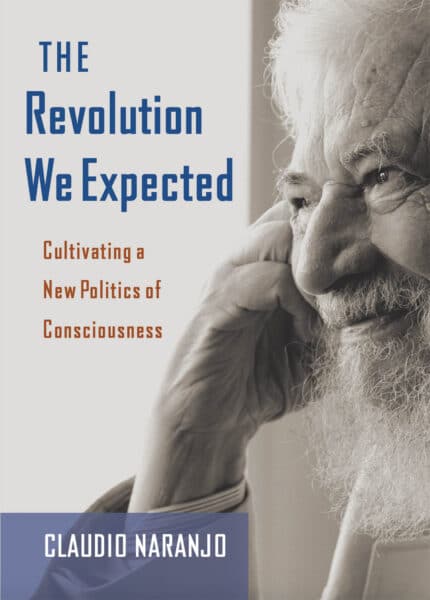 The Revolution We Expected
The Revolution We Expected